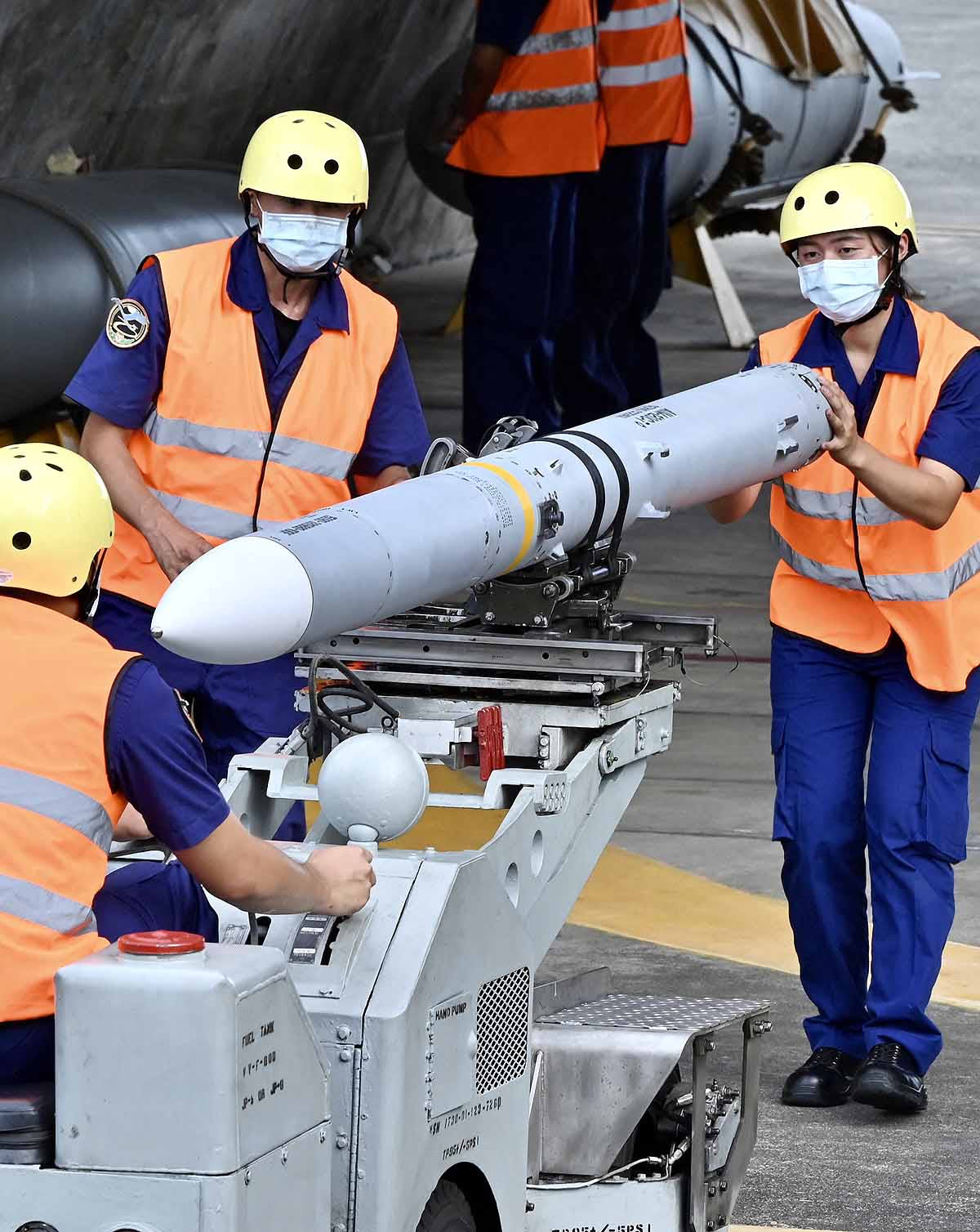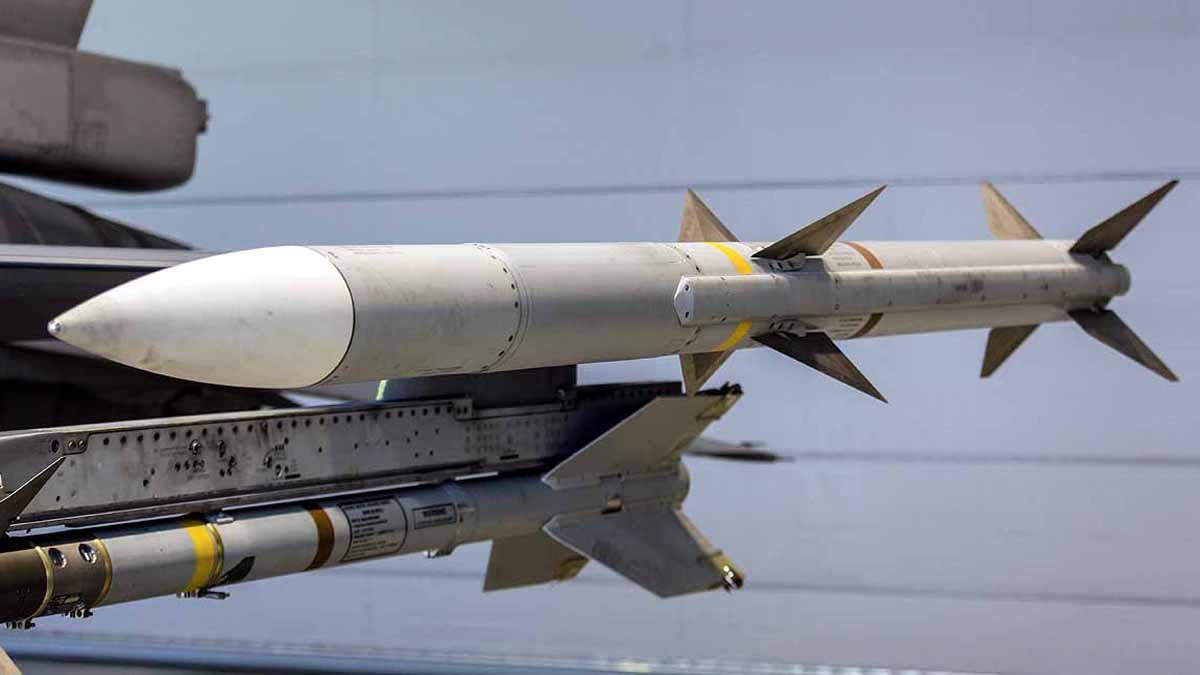On September 30, 2025, the U.S. Department of Defense released a standard contract announcement. It mentioned several countries, including Pakistan, in the Foreign Military Sales (FMS) contract
section. This
focused on maintenance and spare parts for older contracts. Contrary to some reports, media incorrectly claimed Pakistan was receiving Advanced Medium-Range Air-to-Air Missiles (AMRAAM). The U.S. administration firmly stated these reports are false.
The U.S. Department of Defense announced changes to an existing FMS contract. Countries like the UK, Poland, Germany, Australia, and Pakistan were included. The contract emphasized maintenance and spare parts, necessary for operating and repairing old missiles. The agreement totals $2.51 billion, with an additional $41.6 million modification. Completion is expected by May 2030.
Explore: Collaborative Maritime Security between India and UK, Electric Propulsion, and Missile Deal

Source: aajtak
Only maintenance was intended for AMRAAM missile variants C8 and D3. The U.S. stressed that no new missiles were included for Pakistan; it was merely for sustaining current operations, not upgrades.
Some media outlets erroneously reported new AMRAAM missiles were on their way to Pakistan, potentially upgrading their F-16 jets. This arose after the Indo-Pakistan conflict in May 2025, which saw U.S.-Pakistan relations improve. However, there was a fundamental misunderstanding of the Department's announcement.
Discover: The Power of AIM-120 AMRAAM Missiles Allegedly for Pakistan’s F-16 Jets
The administration confirmed these reports as devoid of truth. The contract doesn’t provide for new deliveries or upgrades. AMRAAM missiles are mounted on U.S. F-16 jets; Pakistan possessed C5 variants since 2010. The export model C8 is mentioned, but the contract concerns only spare parts.

Source: aajtak
America clarified that these amendments do not enhance or alter Pakistan's current strength. There will be no new upgrades for Pakistan's Air Force F-16 fleet. It is solely for parts to maintain existing missiles, implying no significant shifts in aerial strength.
This clarification brings relief to India. Initial reports flagged concerns over potential new missile deliveries escalating border threats. The 2019 Balakot incident saw an Indian MiG-21 downed by an AMRAAM. Now, it's evident there's no new threat. Yet, India will continue bolstering its air defense, such as with the S-400 systems.




